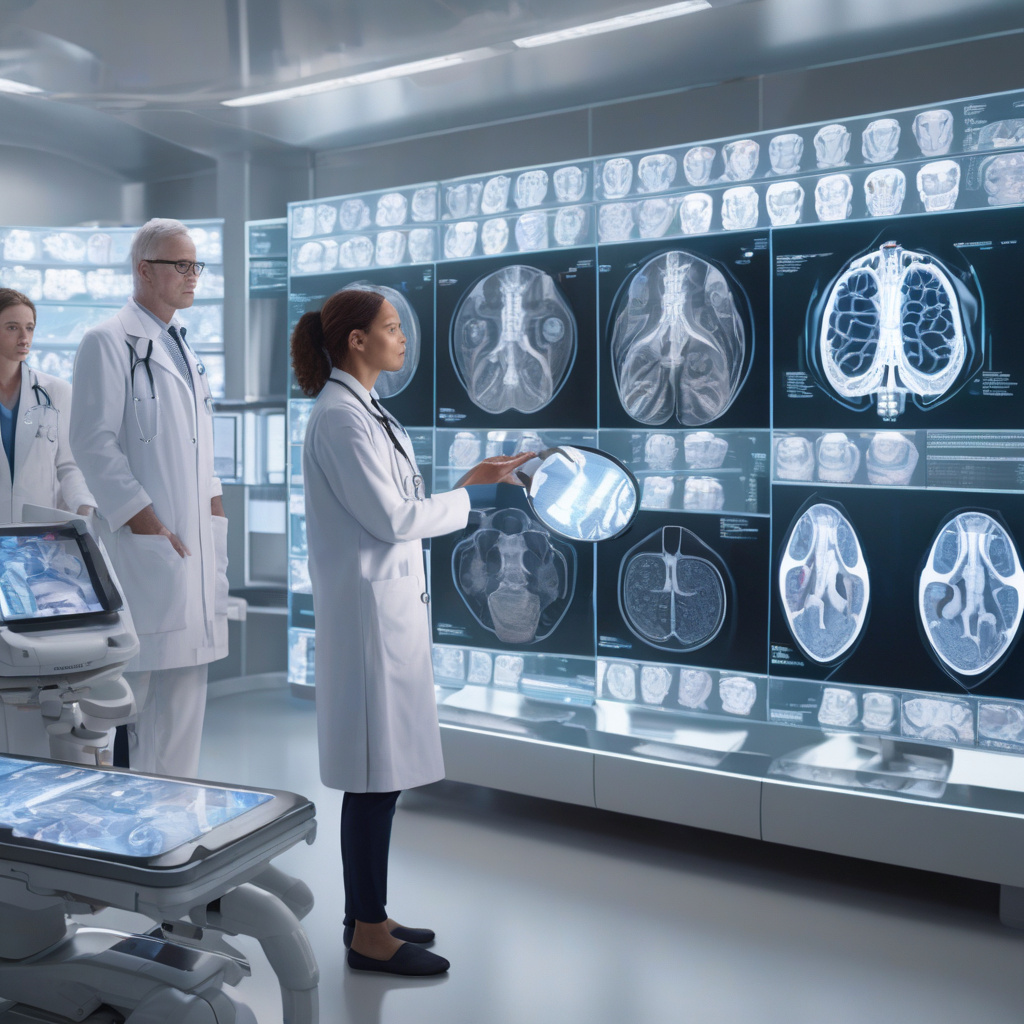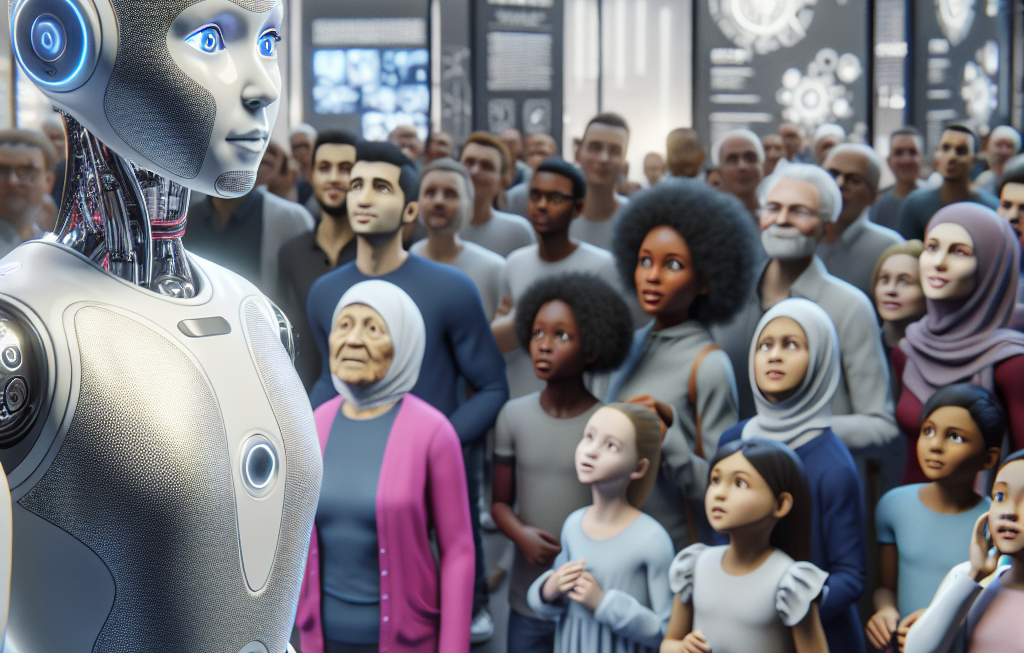AI Revolutionizing Global Healthcare: A $613 Billion Industry by 2034
The integration of artificial intelligence (AI) in the healthcare sector has been nothing short of revolutionary. With AI applications projected to soar to a staggering $613 billion by 2034, the industry is on the brink of a major transformation. Among the various AI-powered solutions making waves in healthcare, software applications are taking the lead, particularly in the fields of dermatology, oncology, and cardiovascular treatments.
In dermatology, AI is streamlining the process of skin disease diagnosis and treatment. By analyzing vast amounts of data, AI algorithms can accurately detect skin cancer and other dermatological conditions at an early stage, leading to improved patient outcomes. For instance, companies like VisualDx are leveraging AI technology to assist dermatologists in diagnosing a wide range of skin conditions with a high level of accuracy.
In oncology, AI is revolutionizing cancer care by enhancing the precision and efficiency of treatment methods. AI-powered tools can analyze medical images, genetic data, and patient records to create personalized treatment plans for cancer patients. By predicting tumor growth patterns and treatment responses, AI is helping oncologists make informed decisions that ultimately lead to better survival rates and quality of life for cancer patients.
The application of AI in cardiovascular treatments is also proving to be a game-changer in the healthcare industry. AI algorithms can analyze cardiac imaging tests, such as echocardiograms and MRIs, to detect early signs of heart disease and predict cardiovascular events with high accuracy. By providing timely insights and alerts to healthcare providers, AI is enabling proactive interventions that can prevent heart attacks, strokes, and other cardiovascular complications.
One of the key drivers propelling the growth of AI in healthcare is the increasing demand for innovative and cost-effective solutions. AI technologies have the potential to automate routine tasks, optimize clinical workflows, and reduce healthcare costs significantly. By leveraging AI-powered software solutions, healthcare providers can improve operational efficiency, minimize errors, and deliver better patient care.
Moreover, the COVID-19 pandemic has further accelerated the adoption of AI in healthcare. From diagnosing and tracking the spread of the virus to developing vaccines and treatment protocols, AI has played a crucial role in the global response to the pandemic. As the healthcare industry continues to navigate the challenges posed by the pandemic, AI will be instrumental in building resilient and sustainable healthcare systems for the future.
Looking ahead, the growth prospects for AI in healthcare are incredibly promising. With continuous advancements in AI technologies, the possibilities for enhancing patient care, driving medical research, and improving healthcare outcomes are virtually limitless. By investing in AI-driven solutions and fostering collaboration between healthcare professionals and technology experts, the healthcare industry is poised to undergo a profound transformation in the coming years.
In conclusion, the increasing adoption of AI applications in healthcare is reshaping the landscape of the industry, with software solutions leading the way in key areas such as dermatology, oncology, and cardiovascular treatments. As AI continues to revolutionize global healthcare, the potential for innovation, growth, and improved patient outcomes remains immense.
healthcare, AI, technology, innovation, future












